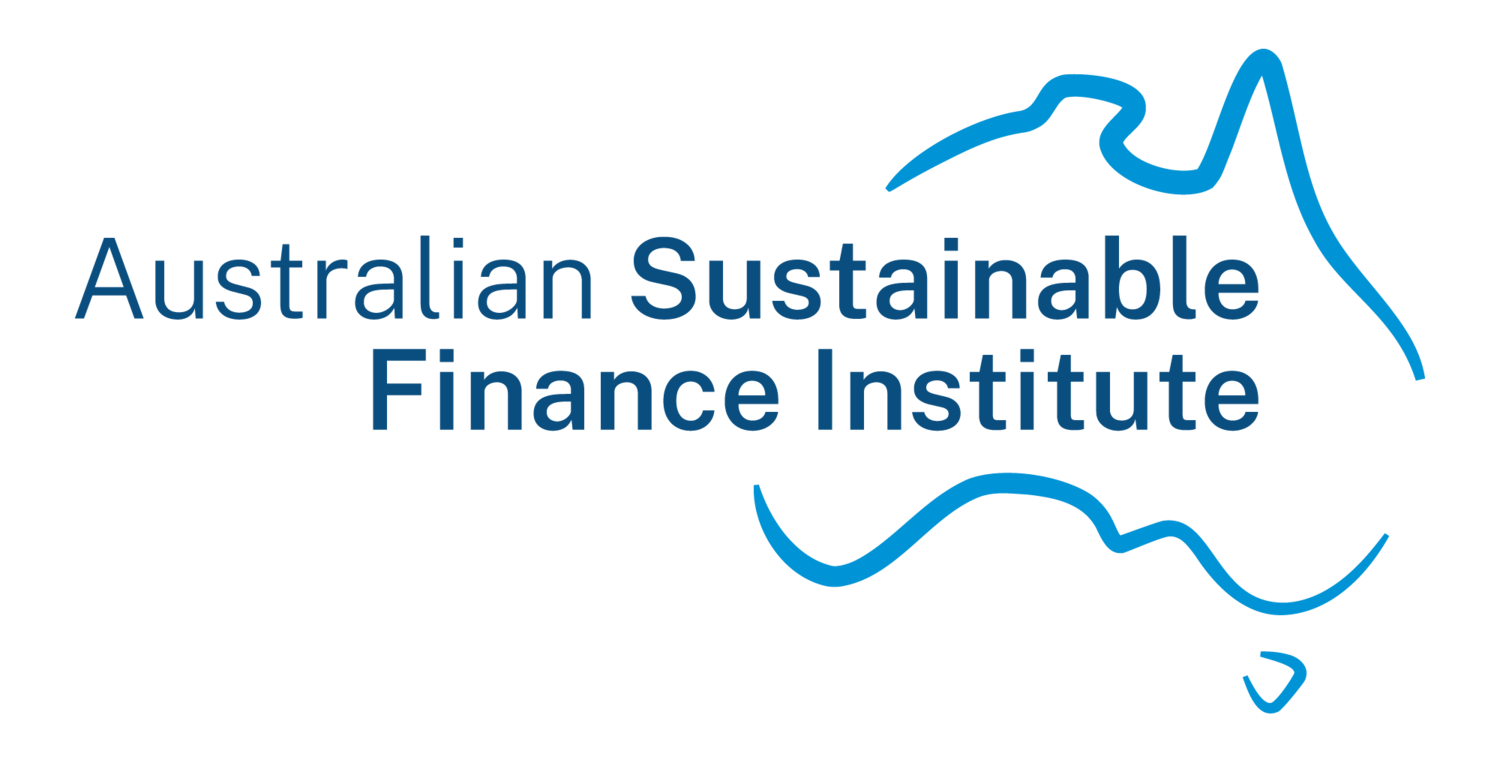Australia Steps Up: Key Takeaways from LCAW 2025
As the dust settles on London Climate Action Week 2025, the Australian Sustainable Finance Institute (ASFI) delegation returns home energized and inspired. Over four packed days, the delegation engaged with global leaders in sustainable finance, sharing Australia’s progress and learning from international peers. The week underscored Australia’s growing role in shaping the global transition finance agenda and highlighted the importance of collaboration, clarity, and credibility in driving climate-aligned investment.
Transition Finance Takes Centre Stage
Transition finance was the defining theme of the week. From roundtables with UK and European banks to workshops with global standard setters, the message was clear: the world needs credible, harmonised frameworks to support economy wide decarbonisation. Australia’s newly released Sustainable Finance Taxonomy was met with strong interest, particularly for its robust transition methodology and focus on usability. UK and EU stakeholders praised its practical approach to defining transition activities, noting its potential to cut through the uncertainty and support capital allocation.
The taxonomy’s development – through public-private collaboration and oversight from the Council of Financial Regulators – was seen as a model for other jurisdictions. The taxonomy’s emphasis on interoperability and credibility positions Australia as a leader in the global effort to harmonize transition finance standards.
Lessons from the EU and UK
Discussions around the EU Omnibus Bill revealed the political complexities of sustainable finance reform. While simplification is welcome, the reforms are largely driven by deregulation agendas, raising concerns within the finance sector about reduced coverage. For Australia, the key takeaway is the importance of usability and framing – positioning sustainable finance as a driver of economic growth and competitiveness. The UK’s recalibration of its ESG narrative toward “purposeful growth” offers a valuable strategic lens for Australia to consider.
UK officials also shared insights into their regulatory initiatives, including on transition planning, ISSB adoption, and anti-greenwashing efforts, all of which aim to build a coherent, credible framework that supports market confidence. Australia’s moderate regulatory approach, paired with strong policy leadership, was seen as a strength, making Australia an attractive destination for international capital.
COP31: A Platform for Action
With Australia bidding to host COP31, the delegation explored how the finance sector can work closely with the Australian Government to shape a credible private finance agenda. With the focus of the COP process firmly shifting from negotiation to implementation, the private sector has a vital role to play. Clarity on global standards for transition finance as well as the strategic use of blended finance to mobilise private capital for the transition were identified as a key area of Australian leadership that should be leveraged for Australia’s COP31 agenda.
Looking Ahead
ASFI’s program at London Climate Action week showcased Australia’s progress and potential. The week reaffirmed the importance of international collaboration, practical frameworks, and strategic policy alignment. As momentum builds toward COP31, Australia is well-positioned to lead on transition finance, driving global decarbonisation and attracting international investment to Australia for green industries of the future.
